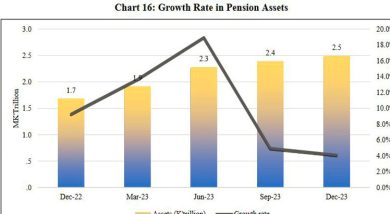Report blames Malawi Govt on fertiliser costs
 The World Bank has blamed high fertiliser costs on governments’ involvement and the commodity’s supply system which has hidden costs.
The World Bank has blamed high fertiliser costs on governments’ involvement and the commodity’s supply system which has hidden costs.
In a report titled, ‘Growing Africa: Unlocking the Potential of Agribusiness’, the World Bank says tendering processes and, in some cases, the exclusion of foreign companies from importation reduces competition and add opportunities for collusion and corruption.
“In some cases, it is estimated that corruption adds 20 percent to retail prices. Countries such as Ethiopia still depend largely on the State to import and distribute fertiliser. And other countries manage subsidy programmes in ways that undermine private initiative,” says the report in part.
Malawi has, for the past eight years, been implementing a Farm Input Subsidy Programme (Fisp) which experts have condemned for its inefficiency and lack of sustainability.
Government allocated K40.6 billion, about 10 percent of the total National Budget, to Fisp, which was later revised to K57 billion to cater for more imports of fertiliser.
The World Bank report, however, says that even where parastatals have withdrawn from fertiliser importation and distribution, governments often maintain a tendering process for imports that breeds corruption.
The report argues that in countries where private companies negotiate import prices directly with exporters, prices have generally been lower, especially if companies can negotiate volume discounts and if the industry is competitive.
“Subsidies should be designed to build markets by providing input vouchers that are redeemed through private input dealers,” reads the report in part.
But the Civil Society Agriculture Network (Cisanet) national coordinator Tamani Nkhono- Mvula said the Fisp is a challenge and most of the farmers do not benefit much.
“The subsidy programme is a challenge because the money is coming straight from the national budget and that it follows government procurement processes which are prone to corruption,” he said.
Nkhono-Mvula said government should set up a procurement committee that would also involve the civil society and farmers.
However, Ministry of Agriculture and Food Security spokesperson Sarah Tione said government ensures that the tendering and procurement of fertiliser is strengthened so that it is efficient and transparent.





